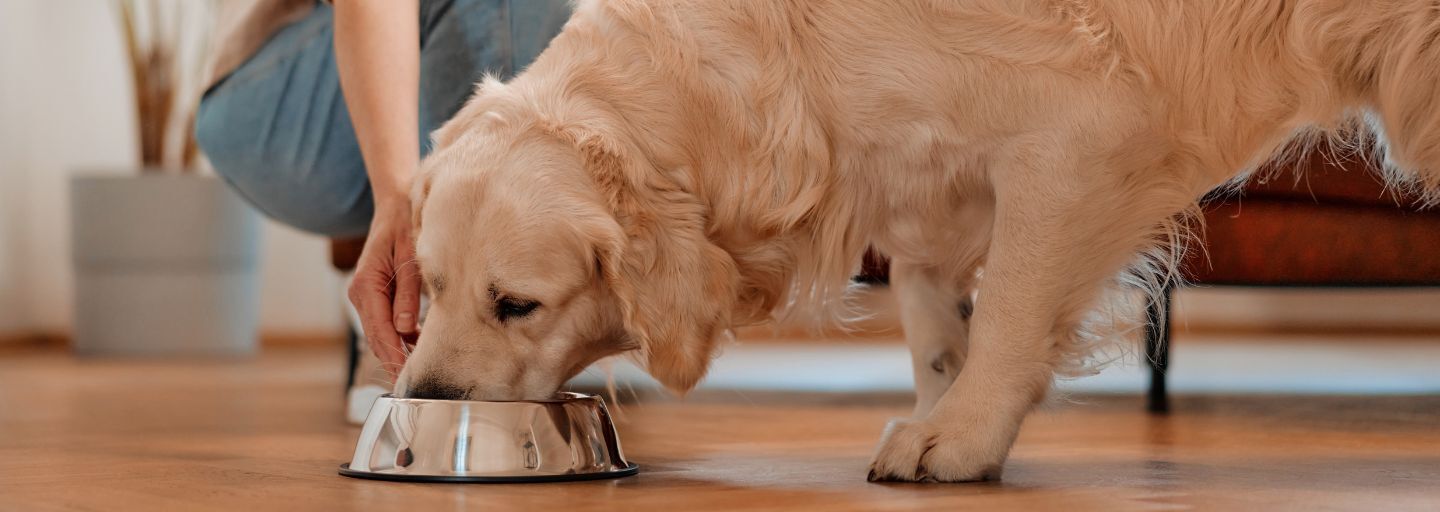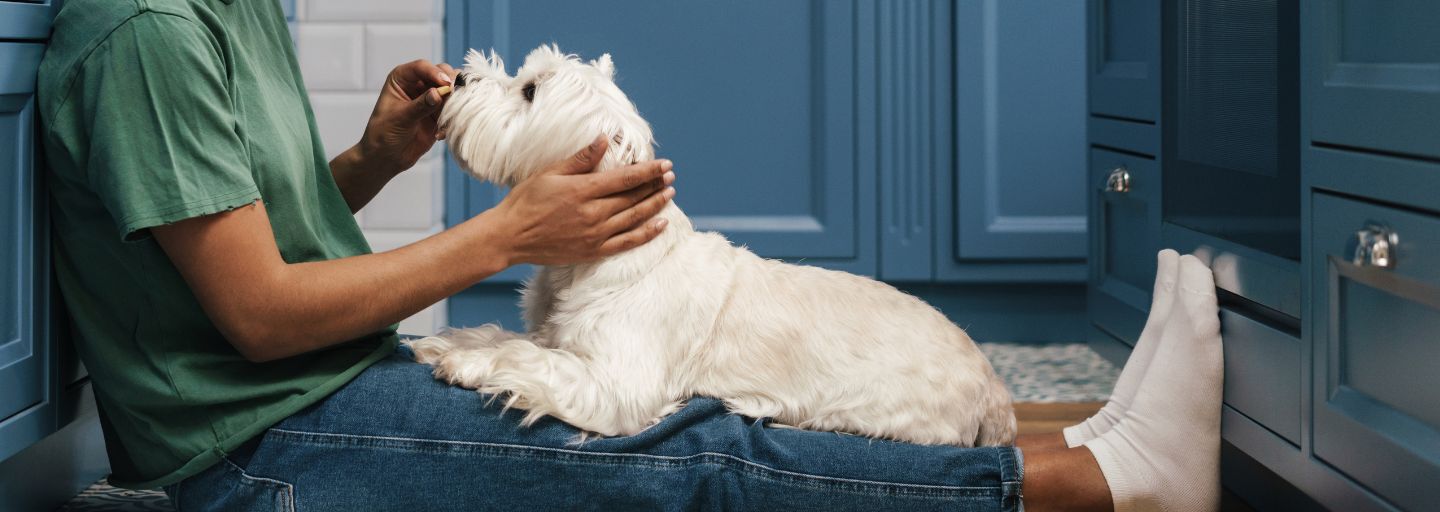With special celebrations such as Christmas, birthdays, and Easter, it's important to remember that some of our favourite foods can be harmful or even toxic to our furry friends. While it may be tempting to share the joy of the festivities with our dogs, certain foods can pose serious health risks. To ensure their safety and well-being, it's best to stay away from the following foods:
Chocolate
Chocolate is a beloved treat during celebrations, but it contains theobromine, a substance that is toxic to dogs. Even small amounts can cause symptoms like vomiting, diarrhea, increased heart rate, and in severe cases, seizures or even death. The darker the chocolate, the higher the concentration of theobromine, making it even more dangerous for dogs. It's crucial to keep all chocolate products securely out of your dog's reach and avoid sharing any chocolate treats with them. If you suspect your dog has ingested chocolate, contact your veterinarian immediately for guidance.
Grapes and Raisins
Grapes and raisins, often found in fruitcakes, desserts, or even as a snack, can cause kidney failure in dogs. The exact toxic substance in grapes and raisins is still unknown, but ingestion can lead to symptoms like vomiting, lethargy, decreased appetite, and increased thirst. It's best to keep these treats away from your furry friend and ensure they don't have access to any dishes or desserts containing grapes or raisins. If your dog accidentally consumes grapes or raisins, seek veterinary attention promptly.
Onions and Garlic
Onions and garlic, commonly used in savory dishes, contain compounds that can damage a dog's red blood cells, leading to anemia. Symptoms may include weakness, pale gums, increased heart rate, and even collapse. It's important to avoid feeding your dog any foods seasoned with these ingredients and be cautious of any dishes that may contain onion or garlic powder. Keep all onion and garlic-containing foods securely out of your dog's reach.
Alcohol
Alcoholic beverages are often present at parties and celebrations, but they should never be given to dogs. Alcohol can cause intoxication in dogs, leading to symptoms like disorientation, vomiting, loss of coordination, and even coma. It's crucial to keep all alcoholic drinks securely out of your pet's reach and ensure that any spills or empty containers are promptly cleaned up to prevent accidental ingestion. If you suspect your dog has consumed alcohol, seek immediate veterinary care.
Nuts
While nuts can be a tasty snack for humans, some varieties, such as macadamia nuts, can be toxic to dogs. Macadamia nuts can cause symptoms like weakness, tremors, vomiting, and an increased body temperature in dogs. Other nuts, such as almonds or walnuts, can also pose a choking hazard or cause gastrointestinal upset. It's best to avoid sharing any nuts with your furry friend and be cautious of any dishes or desserts that may contain nuts.
During celebrations, it's crucial to consider your dog's health and safety and be mindful of the foods you offer them. Instead of sharing potentially harmful human foods, opt for dog-specific treats that are safe and enjoyable for them. There are many delicious and festive dog treats available that can add to the joy of the festivities without compromising your dog's well-being. You can also involve your dog in the celebration by giving them their own special treat or toy to enjoy.
If you suspect your dog has ingested any harmful foods, contact your veterinarian immediately for guidance and assistance. They can provide appropriate advice, recommend any necessary treatment, and monitor your dog's condition to ensure their health and safety. By being proactive and cautious, you can ensure a joyful and hazard-free celebration for both you and your furry friend.



